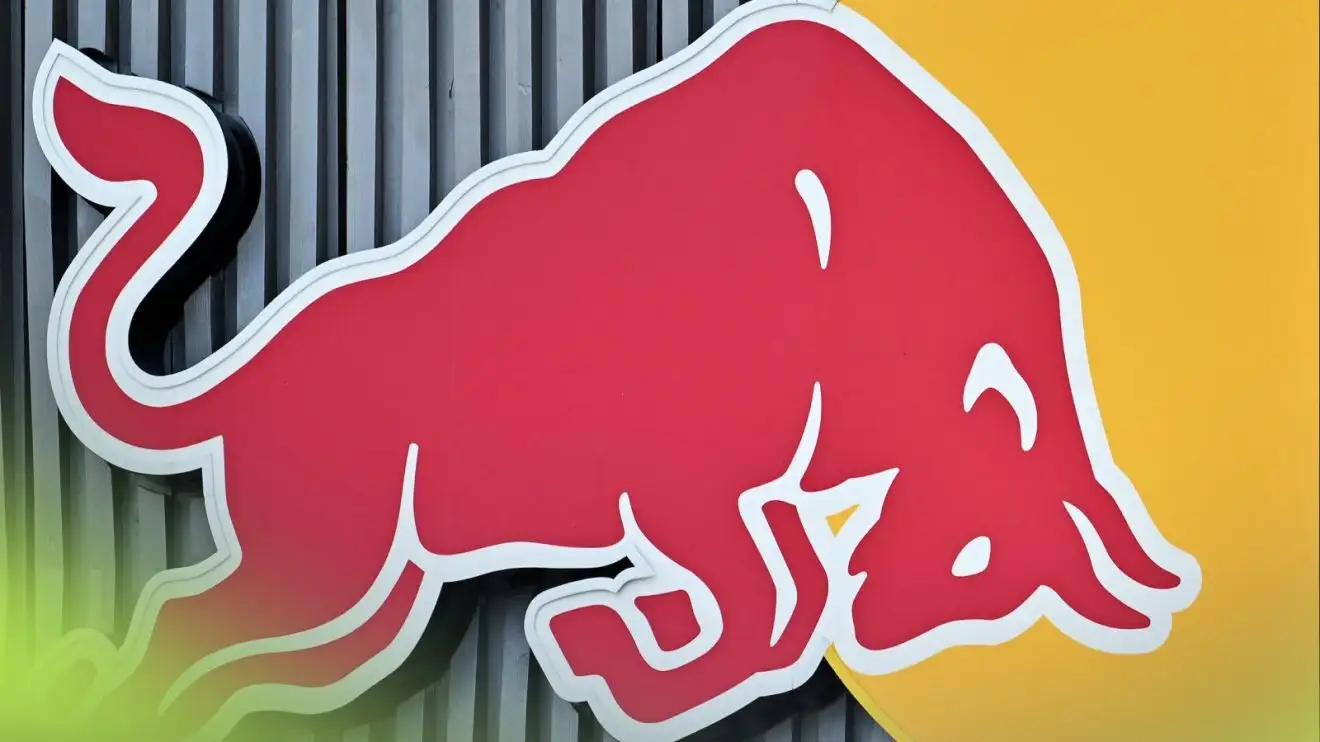The vast and rapidly expanding sporting empire of Red Bull is poised for yet another significant acquisition, with reports indicating the energy drink giant is nearing a deal to purchase the Newcastle Falcons rugby union club. This strategic move underscores Red Bull’s relentless pursuit of dominance across various athletic disciplines, signaling a potential new chapter for both the brand and the struggling rugby outfit.
According to insider reports, the official announcement regarding Red Bull’s takeover of the Newcastle Falcons is expected as early as next week. This acquisition could be a transformative event for a club that finished at the bottom of last season’s Gallagher Premiership, England’s top-tier rugby union league, securing only two league victories throughout the season. The deal is widely anticipated to trigger the iconic Red Bull rebranding, a hallmark of many of its previous sporting ventures.
While Red Bull’s recent minority stake acquisition in English football club Leeds United did not result in a rebrand, the Newcastle Falcons are reportedly set to undergo a complete metamorphosis, emerging as the “Newcastle Red Bulls.” This rebranding strategy is consistent with Red Bull’s historical approach to team ownership, aiming to instill its high-performance ethos and global recognition into its portfolio clubs.
Red Bull already commands an impressive and diverse portfolio of sports entities globally, showcasing its deep-rooted investment in athletic competition. This includes ownership or significant stakes in two formidable Formula 1 teams, Red Bull Racing and Racing Bulls, both of which have achieved considerable success on the motorsport’s biggest stage. Their presence in the world of motorsport alone is monumental.
Beyond Formula 1, Red Bull’s influence extends across numerous football leagues, owning clubs such as RB Leipzig, Red Bull Salzburg, FC Liefering, Red Bull Bragantino, and the New York Red Bulls. The company also fields teams in high-octane sports like ice hockey, professional cycling, and the burgeoning field of Esports, demonstrating a comprehensive commitment to various sporting arenas. The Red Bull Sports network is truly global.
The topic of multi-team ownership in professional sports has long fueled intense debate within the industry, particularly highlighted by Red Bull’s extensive involvement in Formula 1. Critics often raise concerns about competitive integrity and potential conflicts of interest when a single entity controls multiple teams within the same league or sport. This debate surrounding sports ownership is critical for the future of competitive balance.
Red Bull has notably leveraged an A-B team model in Formula 1 since 2006, when it acquired and rebranded Minardi into Toro Rosso, following Red Bull Racing’s debut in 2005 after the acquisition of the Jaguar team. Despite regulations designed to ensure each team operates independently, figures like McLaren Racing CEO Zak Brown have been vocal critics of the common ownership model enjoyed by Red Bull, citing perceived advantages.
The strategic benefits of such a model were underscored recently when, following Christian Horner’s departure from Red Bull Racing, the parent company was able to immediately promote Racing Bulls team principal Laurent Mekies as his replacement, bypassing traditional gardening leave periods. Consequently, new rules are reportedly set to be introduced for the 2026 F1 season, which will specifically outlaw the immediate transfer of staff between affiliated teams, addressing some of the contentious aspects of shared sports ownership.






Leave a Reply